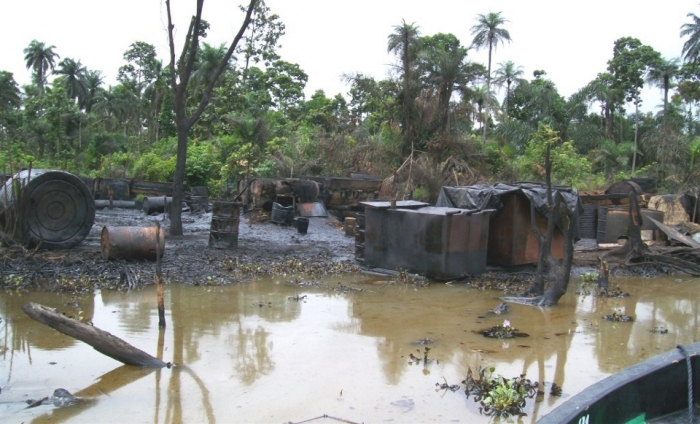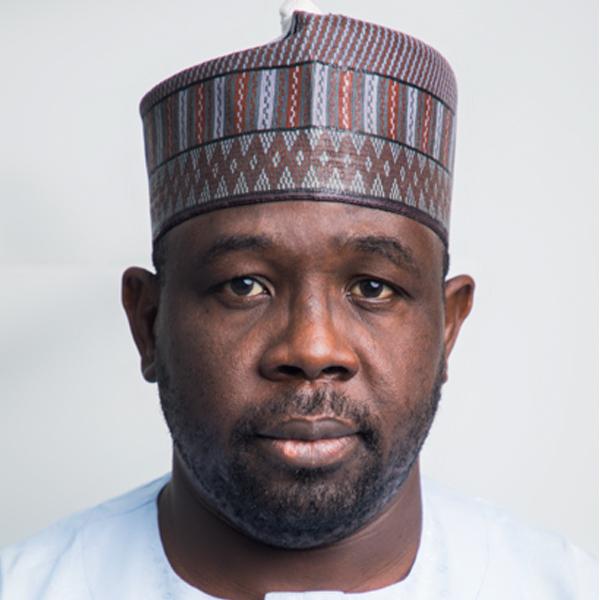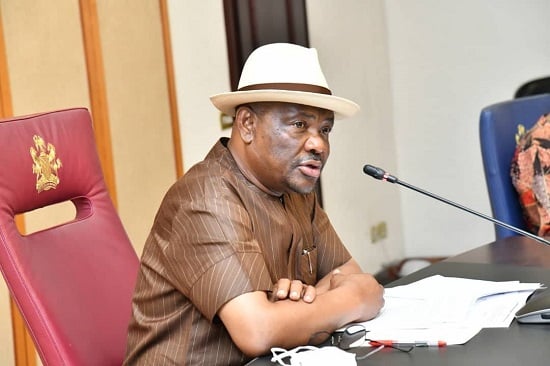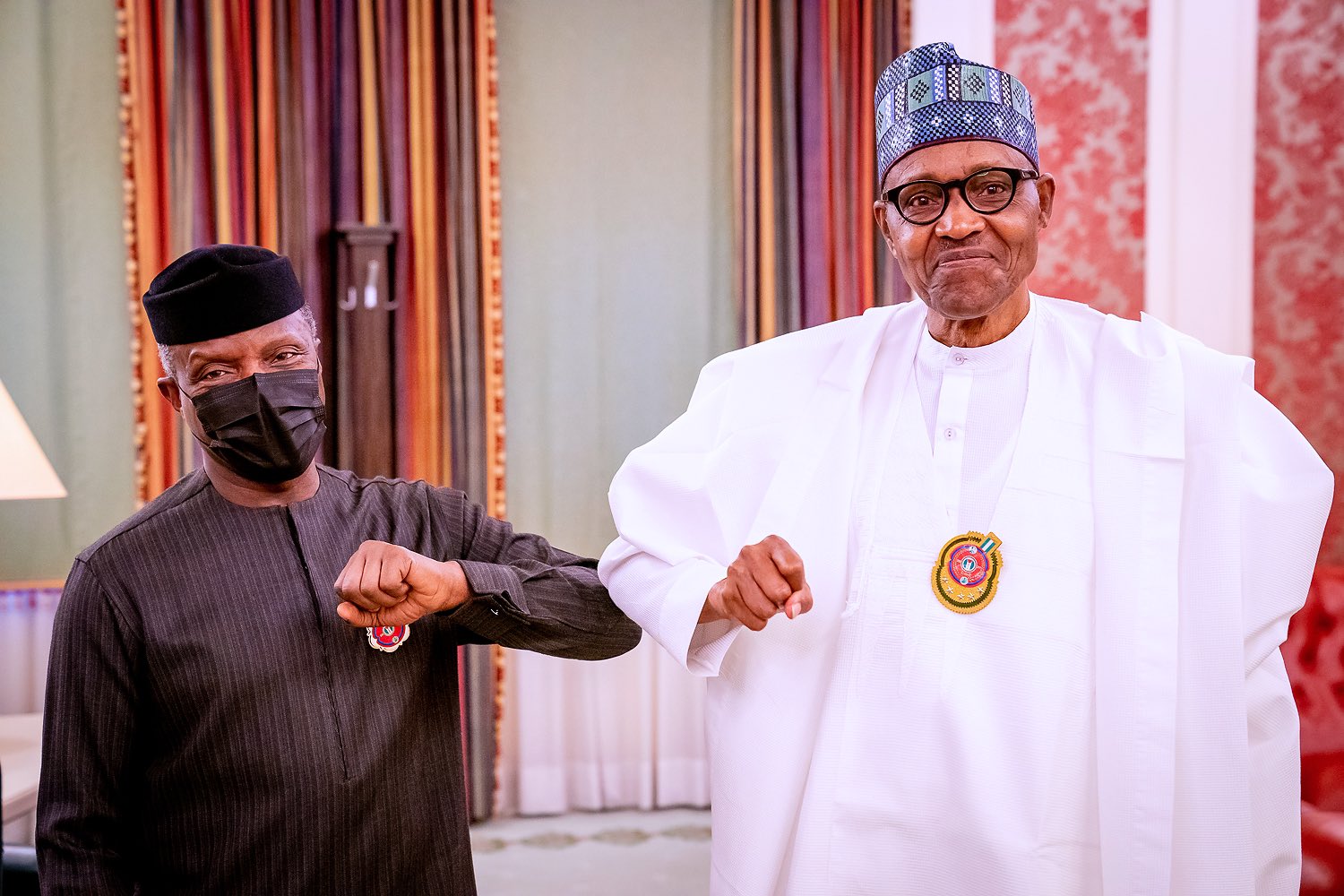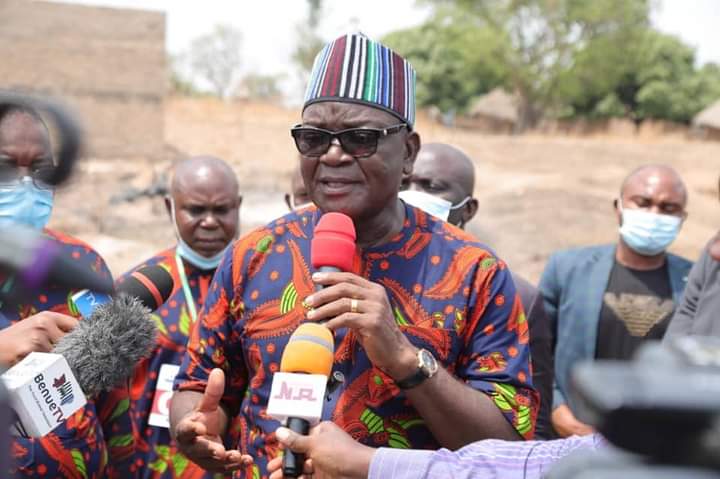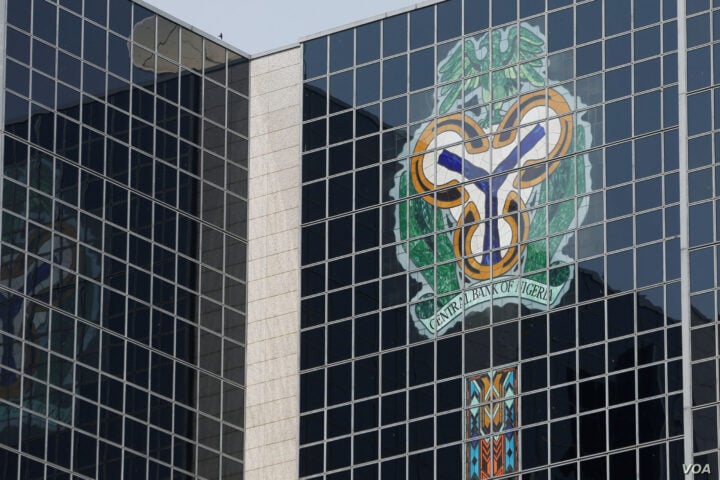BY JEROME-MARIO UTOMI
It is now common knowledge that weeks after an oil spill from a ruptured pipeline facility managed by one of the international oil companies operating in the Nigeria Delta reportedly ravaged Benikrukru and adjourning communities in Warri south-west local government area of Delta state, a similar one occurred in the early hours of Sunday, March 14, 2021, has occurred in Polobubo/Opuama communities, Warri North local government area, of the state.
Through these days, the world has watched the torrent of dissatisfaction expressed by the Polobubo/Opuama communities over the government’s lackadaisical and nonchalant approach to their plight and inability of regulators in the state to go the extra miles to ensure they hold operators accountable.
But, mostly what I remember from that day and days after and the ones following is that some have argued that the present occurrence should not be considered newsy as the region has in past years witnessed more severe spillages in magnitude, intensity, and phenomenon. To support their claims, they pointed to large-scale spillages in places such as Erovie community in Ozoro, Isoko North local government of Delta state 1990s, and that of Ogoni land, in Rivers state of which their negative impacts still lingers.
Advertisement
Others in their reaction took a different position. Instead of blaming the government at the centre, they argued that there was a need for the world to know/find out what the state government has done in the present circumstance to save its people. What step or effort had the successive state government in the region made right from May 1999, when democracy re-emerged in the country, to improve the life chances of the people? Have the billions of naira collected by these governors reflected in the infrastructural availability in the region?
What about the human capital development of the people of the region? Who should be blamed more, state or the federal government? Considering the volume of money at their disposal, why must they (state governor) wait for the federal government? Can creative leadership be taught? Why is it taking governors from the region eternity to create a leadership strategy that meets the diverse demand of the people? Why is a fair process lacking in the day-to-day administration of the region?
Indeed, these are observable facts but for reasons, we must not be misled by the ratio.
Advertisement
For one thing, the present occurrence has more than anything else brought the nation to a point where we can recognize and ‘appreciate’ the mutually exclusive factors(historical, legal and political) and other realities that fuels under-development and responsible for why the region suffers infrastructural insufficiency and stunted economic wellbeing of the region’s individuals, people, and communities.
Adding context to the discourse, aside from the inglorious role of the region’s leadership right from May 1999 till date, these impending factors/ realities are, namely; first, the legal regime of ownership and control of oil resources in Nigeria that handed over oil and natural gas as the property of the state. It set the stage for its exploitation in partnerships and joint agreements between the government-owned Nigerian National Petroleum Corporation (NNPC) and privately-owned oil companies, both international and now numerous small Nigerian firms. The second has to do with the pre-independence deprivation of request by the people of the region to make the Niger Delta the fourth federating unit of the country. Third and very fundamental focuses on the long-drawn politics against the Petroleum Industry Bill (PIB) at the global petroleum market.
To explain the above concerns beginning with the legal and political context of the Niger Delta challenge, the ownership, control, and management of oil minerals resources for exportation and other revenue-yielding purposes as we know, is vested by law in Nigeria’s federal government principally vide the petroleum act, the land use act, and the exclusive economic zone act. Another important piece of legislation that makes oil minerals the sole property of the federal government of Nigeria is section 44(3) of the 1999 constitution which, in part, provides that the entire property in and control of all minerals, mineral oils and natural gas in, under or upon any land in Nigeria or in, under or upon the territorial waters and exclusive economic zone of Nigeria shall vest in the government of the federation shall be managed in such manner as may be prescribed by the national assembly.
And very sadly, it is now clear that the federal government has become reputed for expressing more interest in promoting the production of petroleum while giving the environment vaguely prominent without symbolic attention or substantial action on its agenda.
Advertisement
Away from legal and political groundwork to historical accounts that set the stage for the present atrocity and deprivation suffered by the people of the region.
In 1956/57, with Nigeria agreed by all to be a relatively sustainable federation, it was reported that the British colonial authorities convened and held a Nigerian representative political conference in London. It included political leaders from northern Nigeria, western Nigeria, and eastern Nigeria, respectively, with the sole purpose to agree and decide on the date of Nigeria’s independence from Britain as a colonising power.
At that conference, something happened to remind Britain that Nigeria is a federation of diverse and distinct Nigeria’s ethnic nationalities and “not of geographical regions nor of religious faiths and nor of administrative units”. This bombshell at the conference came from Chief Harold Dappa Biriye, a leading politician of Ijaw ethnic nationality from the Niger Delta area of the Eastern Region of Nigeria. Biriye pleaded strongly with the British colonial authorities to carve out the Niger Delta part of the Eastern Region of Nigeria to serve as the 4th federating regional government of Nigeria in order to take care of its peculiar environment, culture, ecology, and to develop at its own pace and factor endowments. Pleading time as the constraint, the British colonial authorities asked the government of Nigeria, after independence, to undertake that assignment.
Lamentably, successive leadership of the post-independent Nigeria neither obeyed that directive nor regarded the region as a special area for the purpose of development as directed by the departing colonial overlords.
Advertisement
To understand this account fully well, this piece will encourage readers to search and read the book; “The Darkling Plane”, by Ken Saro-Wiwa. Or a similar report entitled; scientific and technological innovations in Biafra (1967-1970).
This brings the piece to the issue of Petroleum Industry Bill (PIB), a piece of legislation that currently occupies the frontline of the nation’s political and socioeconomic discourse and presently under consideration by the national assembly.
Advertisement
To explain the origin and importance of the bill, one of the well-respected national dailies in the country in its recent editorial comment among other remarks stated that the Petroleum Industry Bill (PIB), took its root from the national oil and gas policy 2007. The oil and gas policy, it added, came as a product of a report produced by the oil And gas sector reform implementation committee inaugurated on 24th April 2000 under the chairmanship of late Dr. Rilwanu Lukman. This report they submitted formed the basis for the first PIB that was submitted before the national assembly in 2008 as an executive bill.
Indeed, while this position and effort of the news organisation were well appreciated by this piece, a different post by famous John Campbell, on the council on foreign relations (one of the most respected journals in the United States of America), dated Wednesday, March 24, 2021, and entitled, ‘Nigerian Lawmakers Considers A Petroleum Investment Bill’, paints a scary future for the PIB and says something which reveals that the politics behind PIB enjoys international connection that existed long before the emergence of democracy in May 1999.
Advertisement
He captured it this way; earlier in this century, oil was at the center of the Washington-Abuja bilateral partnership. The United States typically purchased about half of Nigeria’s two million-barrels-per-day production. Further, successive military and civilian governments assured Washington that in the event of a cut in Middle Eastern oil because of a political crisis, Nigeria would do what it could to increase its own production. (Nigeria’s capacity to increase production was limited, but the commitment to do so was important politically.) Hence, in those days, a PIB was closely watched in Washington and in American board rooms.
Will the Buhari administration succeed in passing a PIB? The chances would appear to be good for the passage of some sort of legislation. But what the new bill will actually mean will depend on the details—and also on the institutions and schedules required for its implementation. Hence a passed PIB is not over “until the fat lady sings,” he concluded.
Advertisement
This revelation in my view should be a reality for all lovers of the Niger Delta region to worry about.
Utomi is the programme coordinator (media and policy), Social and Economic Justice Advocacy (SEJA), Lagos. He can be reached via [email protected]
Views expressed by contributors are strictly personal and not of TheCable.
Add a comment
